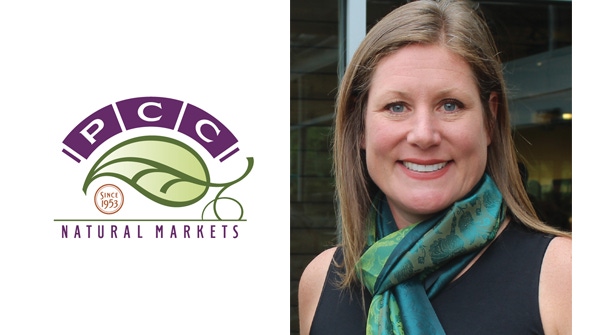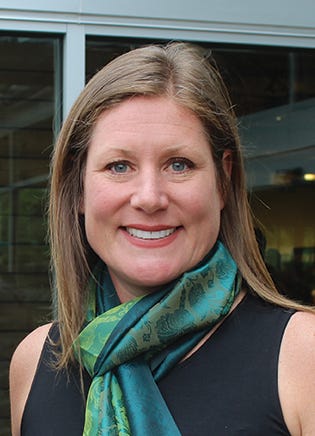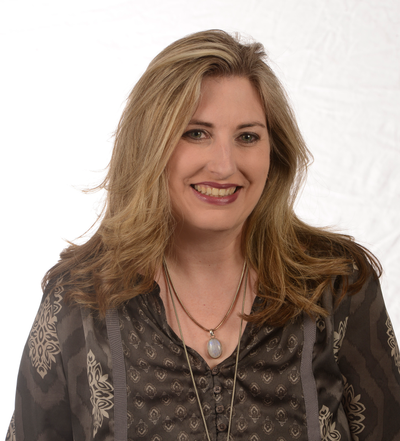

Cate Hardy
Cate HardyAmazon Prime Now launched March 24 in its hometown of Seattle with co-op PCC Natural Markets as a primary grocery partner. The delivery service offers prime subscribers one- or two-hour delivery in 24 markets across the country.We caught up with PCC CEO Cate Hardy to chat about the announcement and the future of the nation’s largest natural cooperative grocer.
Why is working with Amazon Prime Now an exciting step for PCC?
Cate Hardy: We first launched delivery with Instacart in September 2015 and our shoppers have let us know that that’s been a wonderful experience for them. Our sales are growing quickly, and we believe two-thirds of them are incremental sales to what we would have otherwise had in-store. So this expansion of our online shopping and delivery through Amazon has a couple major elements to it:
The first is that the Amazon Prime Now network covers more than 60 ZIP codes (with about one-third new to PCC delivery) in the Seattle market, which is a very significant portion of our area, allowing us to bring our products to households that do not have a PCC nearby.
And we are also excited about it because it allows our shoppers be the ones to decide which delivery service meets their needs. The two providers, Instacart and Amazon, have slightly different business models, slightly different time frames, different geographic scopes. We like the idea of putting the choice in our shoppers’ hands as to which delivery channel they want to use. But either one delivers the same great PCC products, house-made soups and salads, all of the things we do so well, to shoppers in the Northwest.
How does the Amazon Prime Now ordering and fulfillment process work for you, the retailer?
CH: Delivery is done by the shopper; Amazon shoppers come into the store and shop just like any other customer would. The order and fulfillment is kind of invisible to PCC. The Amazon Prime Now shopper is simply another shopper in our store.
What other delivery options do you offer or have you explored?
CH: As we’ve considered all of the options for meeting this customer demand, certainly doing it ourselves was one of the options we considered. At this time we are partnering with organizations that have these channels built.
So you are remaining with Instacart, too; are there any others you foresee adding?
CH: We don’t have any plans at this time. We are actually one of the very, very few retailers in the country offering two, Instacart and Amazon, and we don’t see any need to expand beyond. Those are clearly the two dominant providers in addition to the fact that they offer same-as-store pricing and offer really great customer service. So we feel like we've got two really strong partners. Â
How important is delivery to PCC’s strategy for the future?
CH: I came into PCC a little over a year ago and one of the things I’m focused on is growing our business in a variety of ways. We will be opening our 11th retail location this summer, and we have more retail stores in the pipeline. But it’s also clear that online shopping and home delivery of all kinds of products, whether it’s sleeping bags or groceries, is clearly a growing part of our economy, and I felt it was important for PCC to test and learn and understand this part of the business and understand where our customer uptake on that was. How important is it? I think it is something we’re excited that we’re active in and learning more about. Â
What are some of those learnings so far?
CH: Is has been a seamless experience thus far. The customers who have been using our Instacart service to date have generally been very, very satisfied with their experience and PCC products. Our product standards are among the highest in our market and well outside our market, so the product quality remains really high and the Instacart delivery model works quite well. They are very good at what they do. So the shopping experiences that we are learning about are positive, and that’s reflected in the growing sales in that channel. Â
Do these customers look just like those coming into your stores?
CH: Many of them are our customers. To the best of my knowledge these are our customers, either literally are our customers or are our kind of customers. We do think that two-thirds of the sales in the Instacart channel are incremental dollars—either it’s an incremental shop that a customer might have gone to another store for whatever reason or their new customers because they don’t have a PCC store nearby.
What percentage of PCC sales are now delivery?
CH: Delivery at this time, six months in, is less than 5 percent of our overall retail sales and we anticipate that growing quite a bit as we add Amazon as a second delivery channel.
Do you have any outlook for year-end or five years down the road?
CH: We do not.
How much of your store is available via Amazon Prime Now?
CH: The Amazon Prime Now offering has about 10,000 SKUs of ours, which is a very large representation of the total store. One small example of a difference is our in-store-made, prepared soups. In store you might find 12 of them on the shelf and you might find only the top six or seven through the channel, but you would still find an incredible assortment.
What’s next for PCC?
CH: We are focused on growing our business to reach more households that want our products. We have established a great reputation in the Seattle market for the best-quality produce, only sustainably sourced seafood, humanely raised meat and the best quality made-in-store deli items, and I get emails every day from shoppers around the region who want us to open a store in their market. We are focused on growing our retail footprint. We’re opening the store I mentioned, so we are interested in this delivery channel for reaching customers on shopping occasions we wouldn’t have otherwise been able to fulfill. As a co-op, we operate on a triple bottom line, and we believe the opportunity to grow our business really enables us to focus also on our social-environmental bottom line and grow or impact those spaces and be a louder voice for some of those values that we have long cared about.
About the Author(s)
You May Also Like
.png?width=700&auto=webp&quality=80&disable=upscale)




